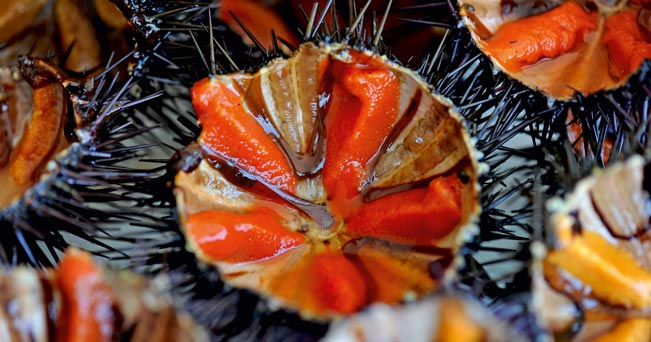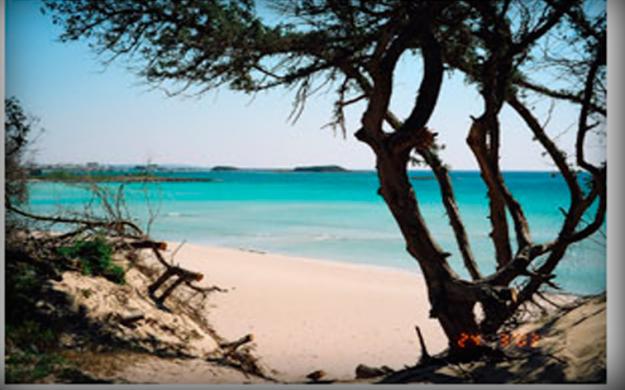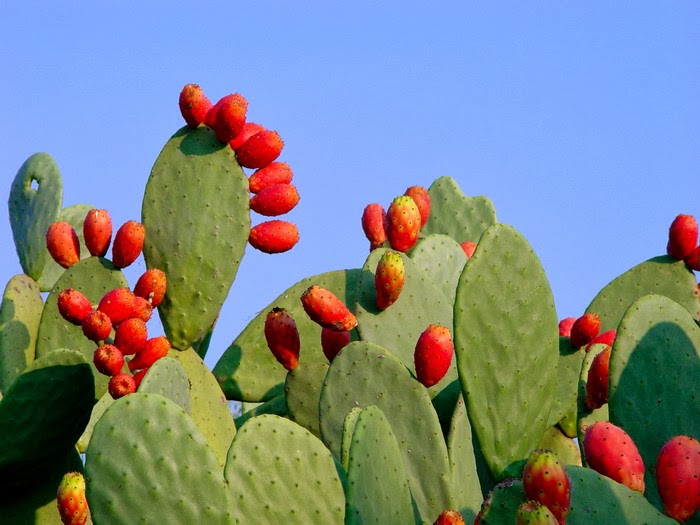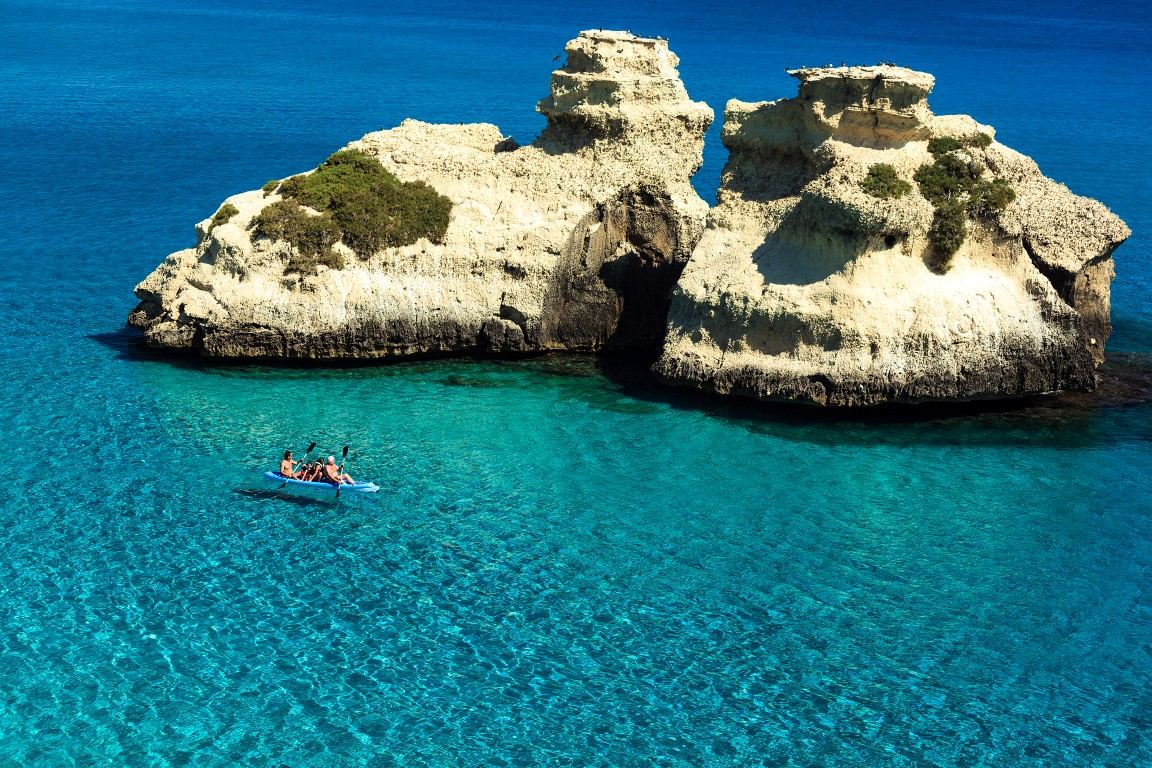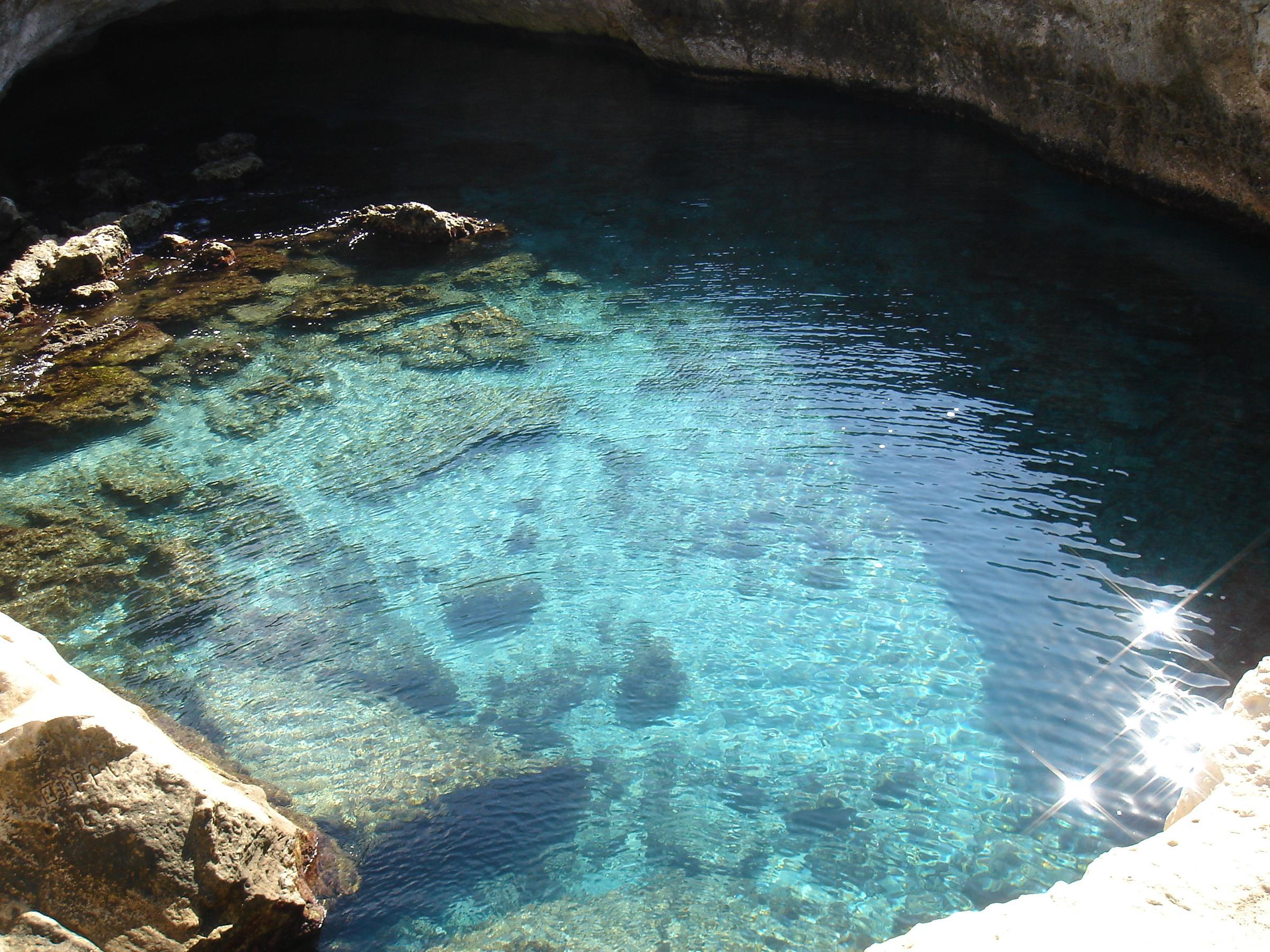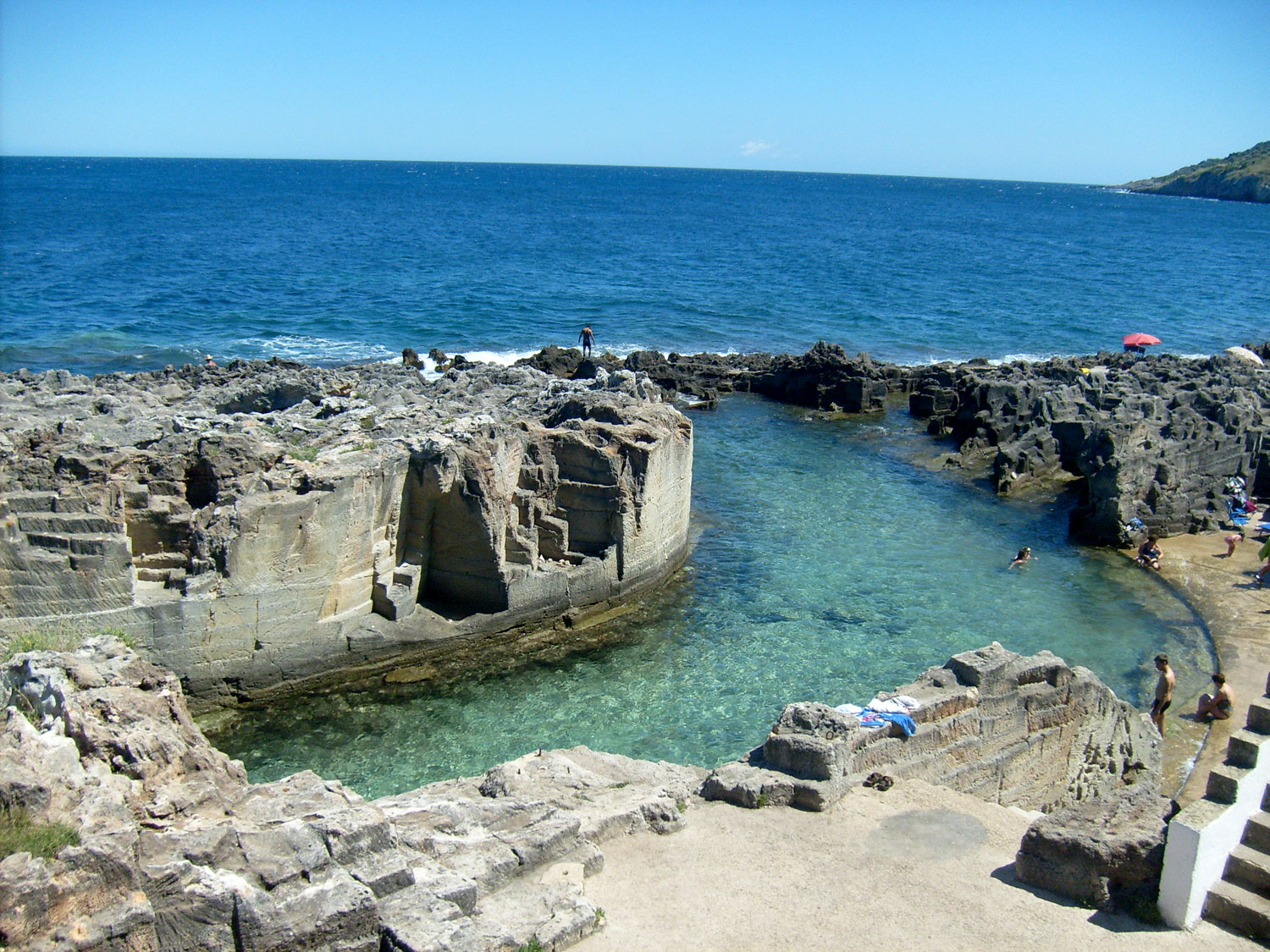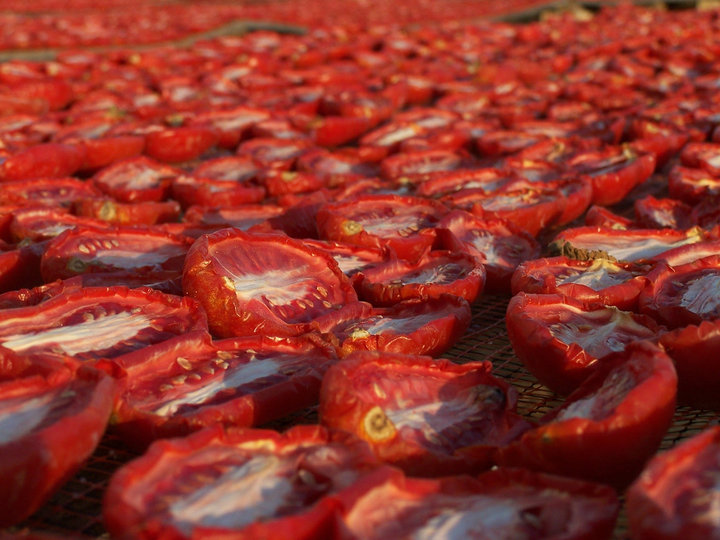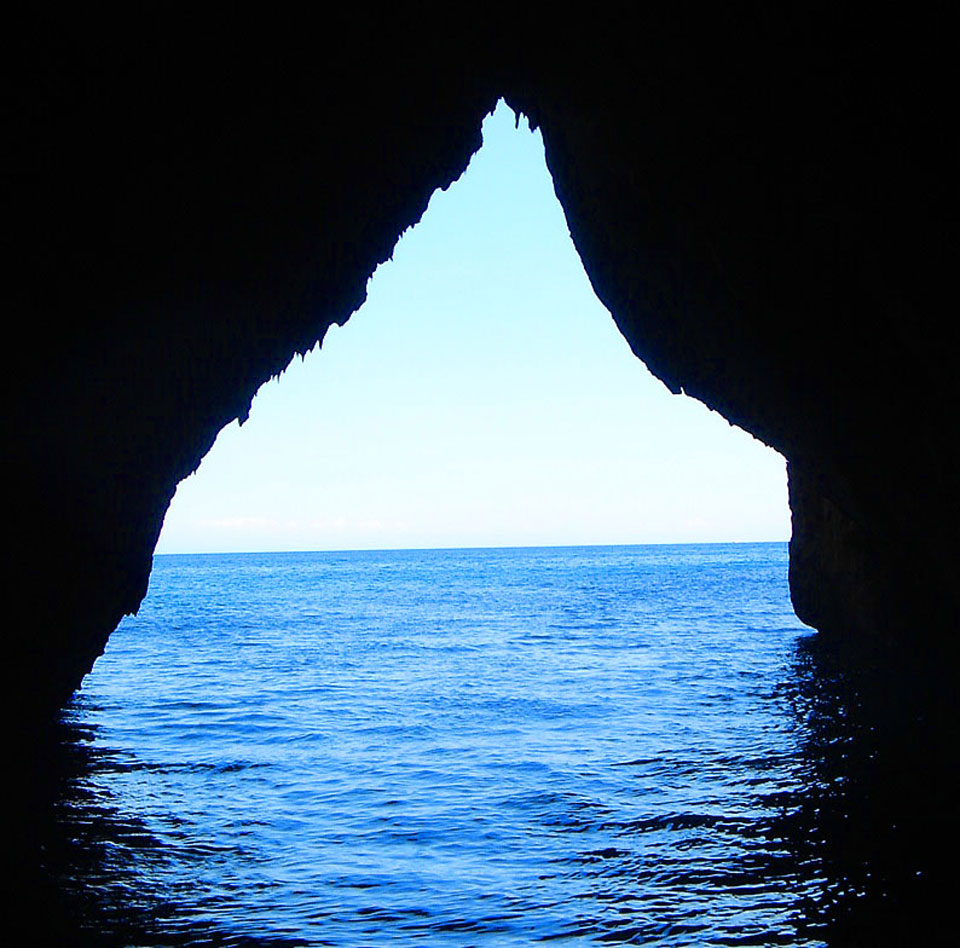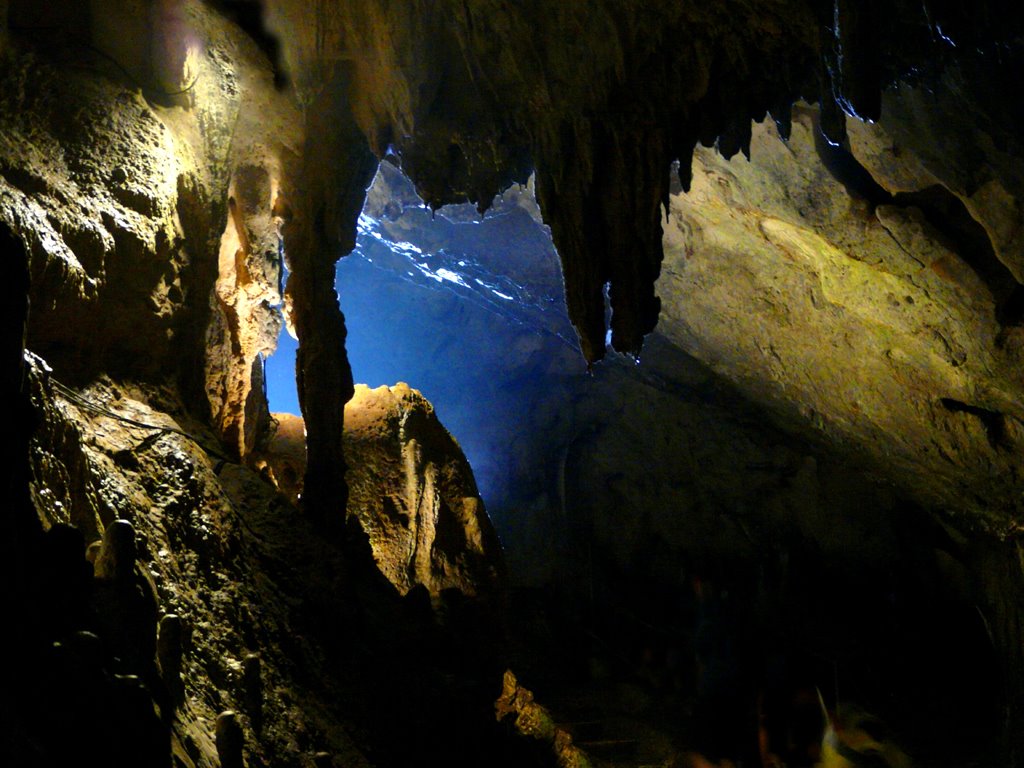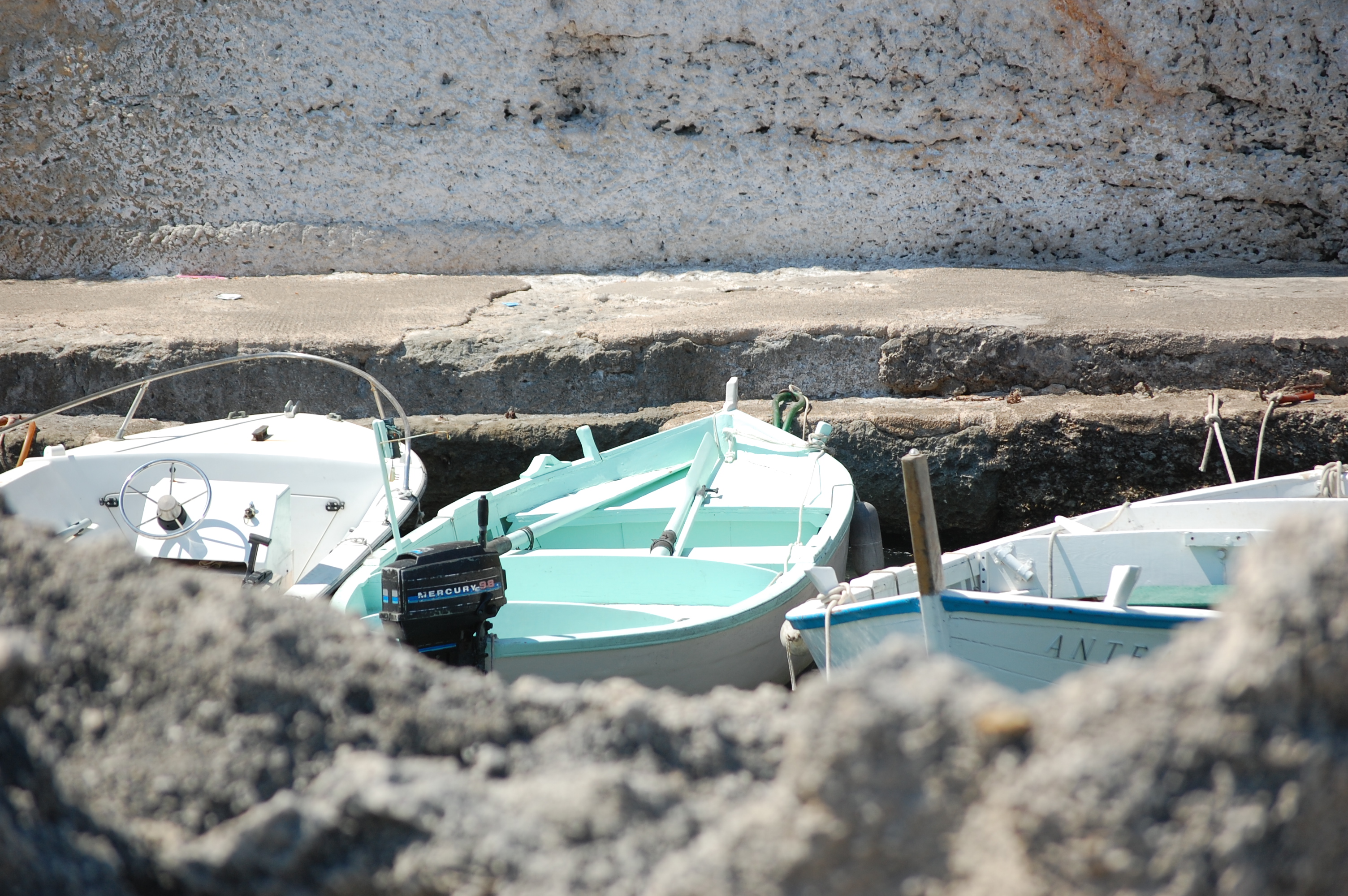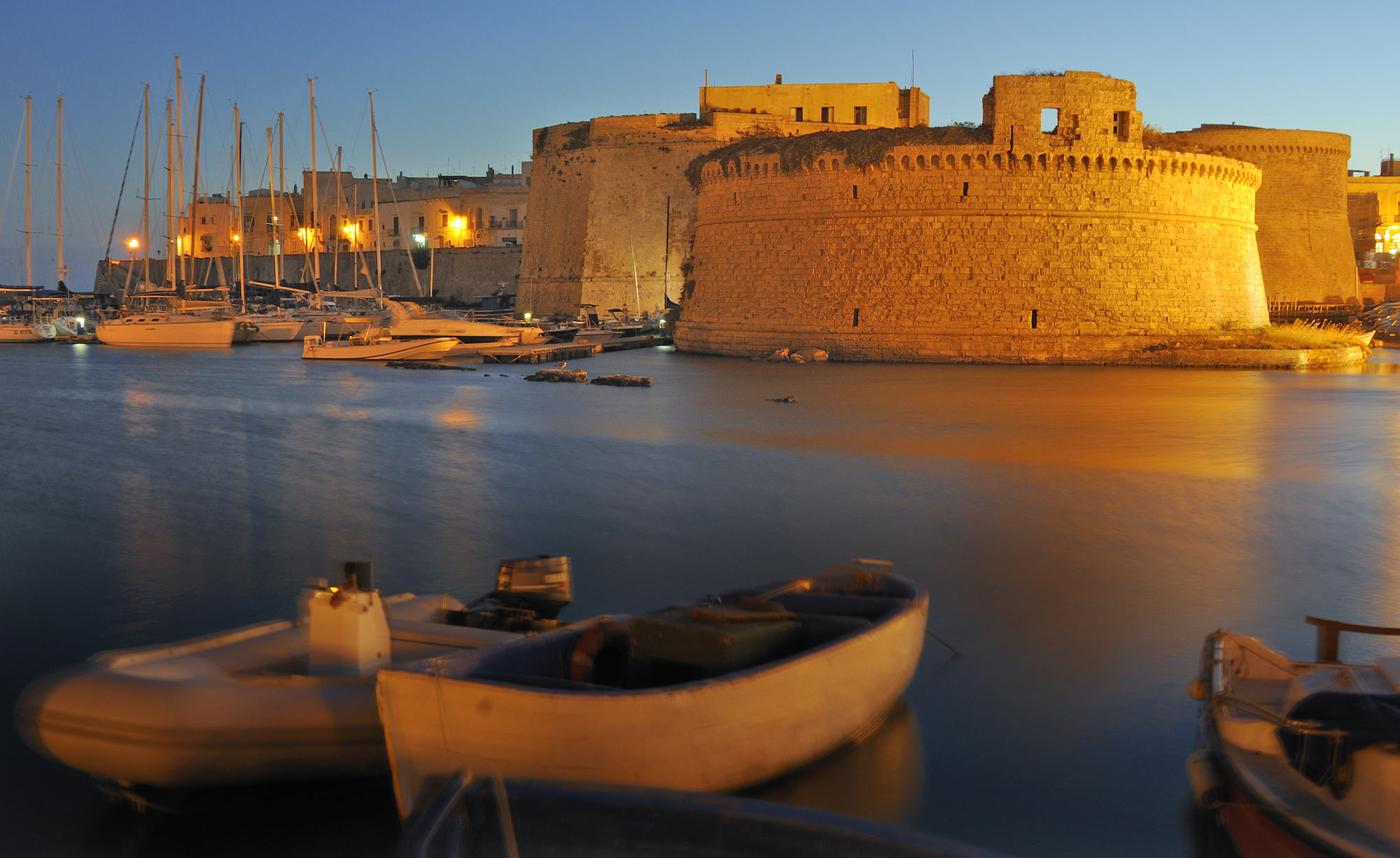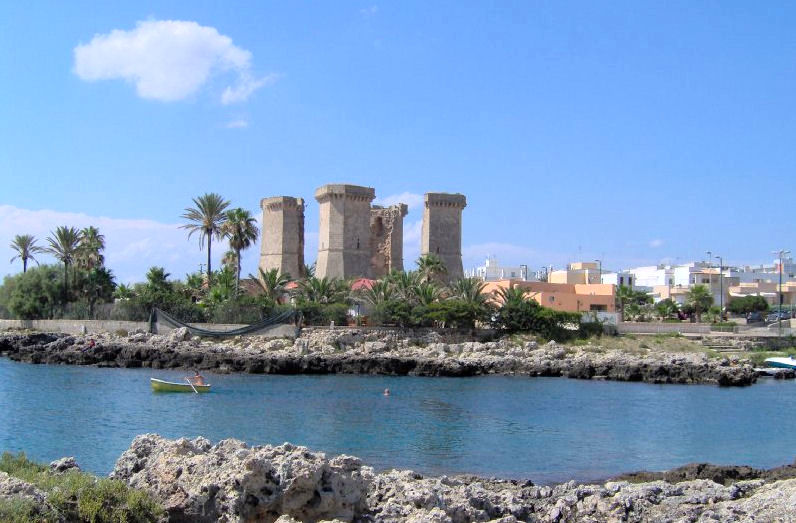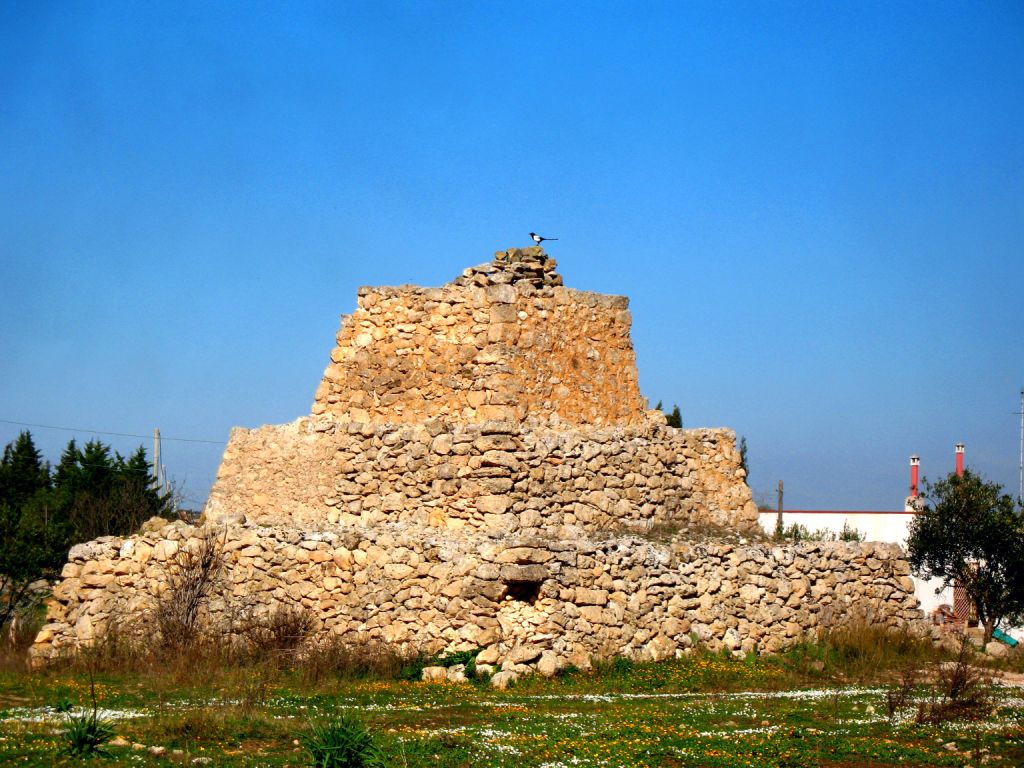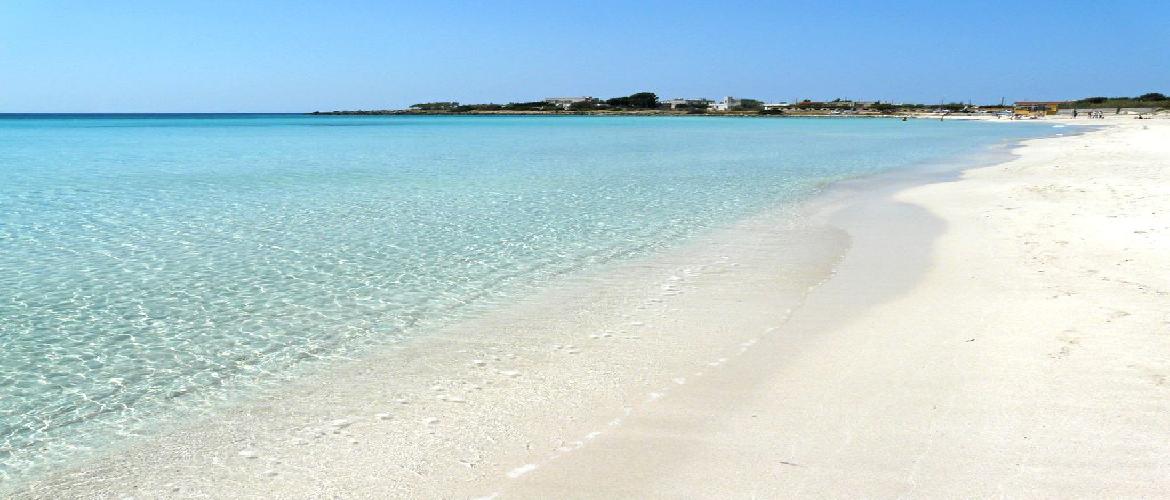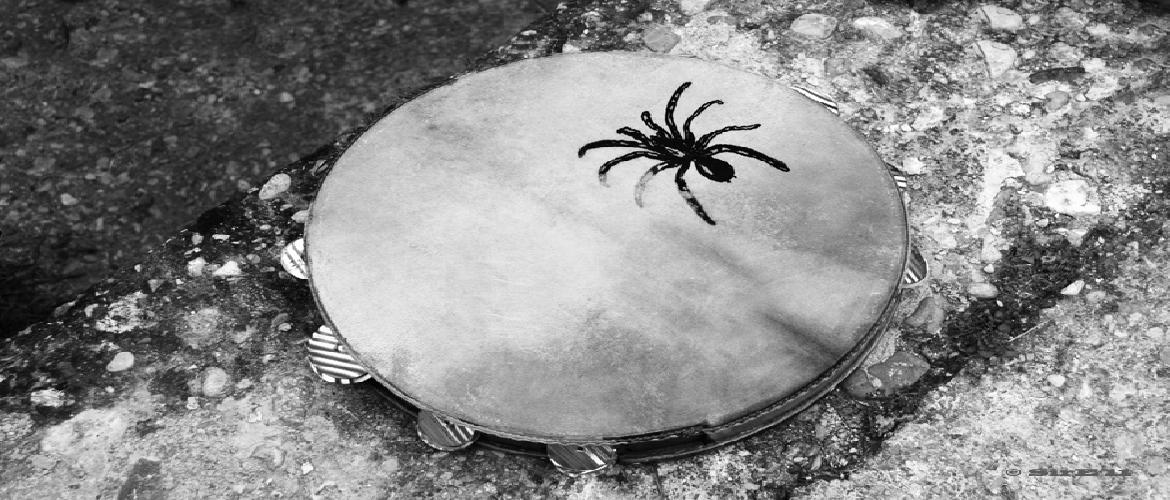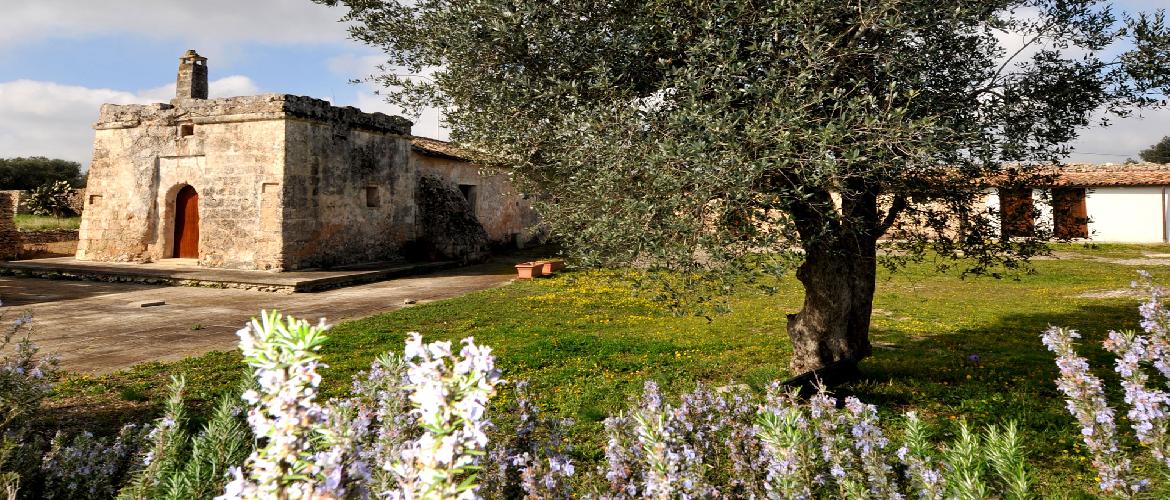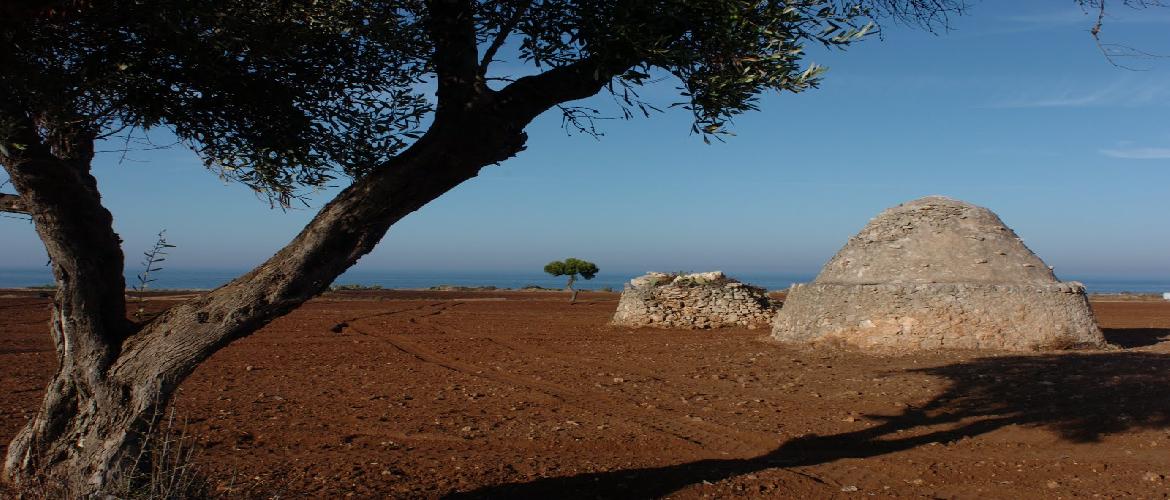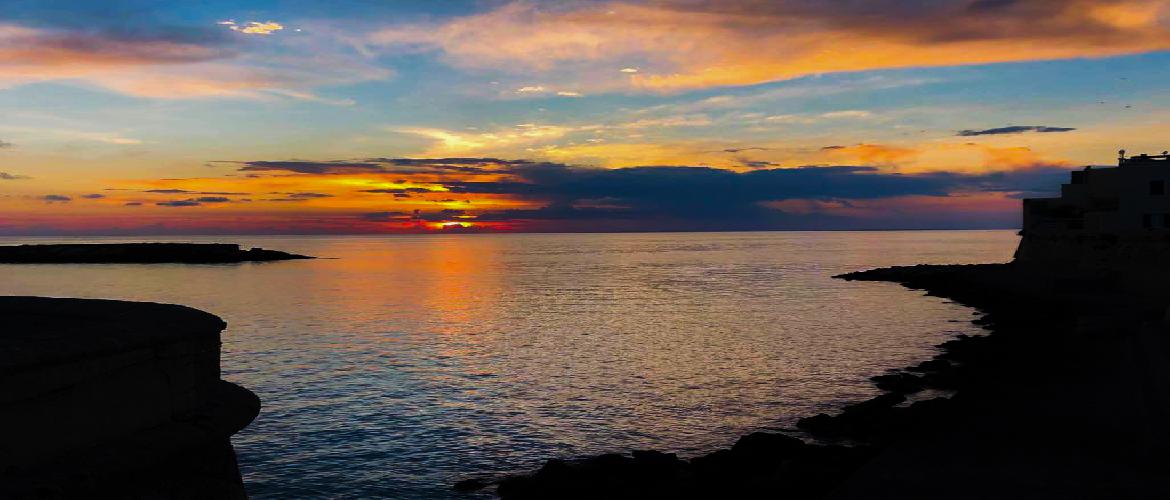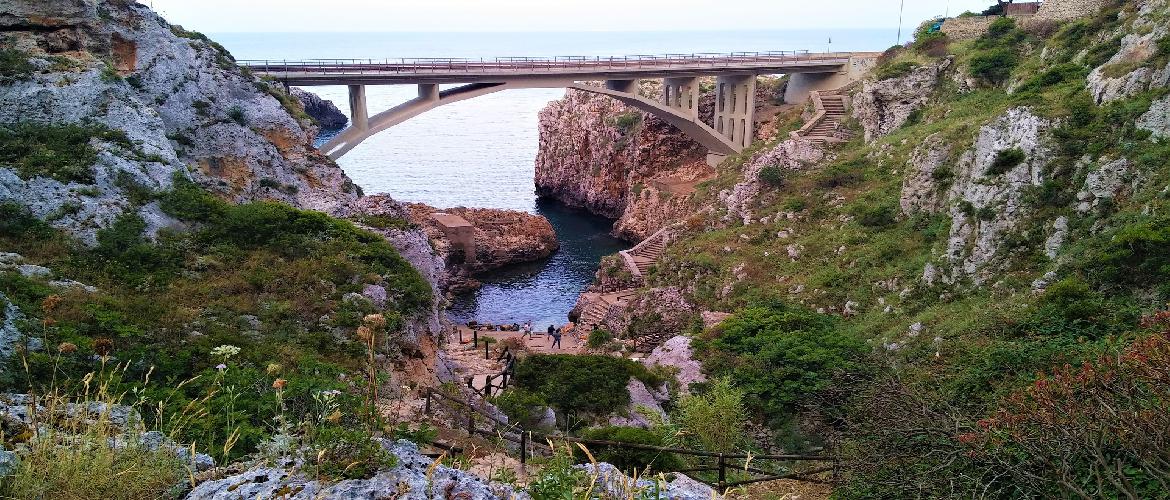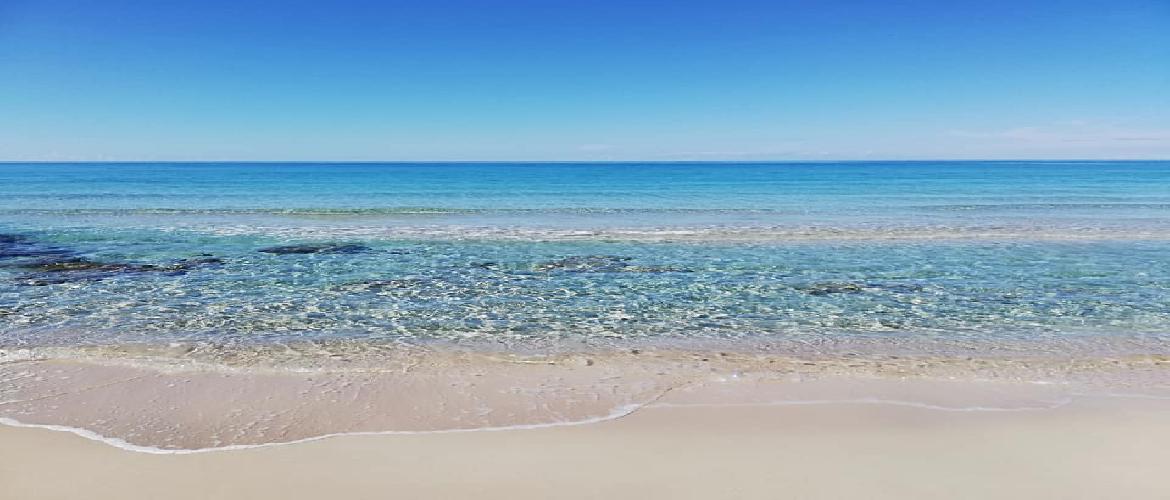Salento
Salento (Salentu in local dialect) is the south-eastern part of Puglia, in southern Italy. It is a sub-peninsula of the main Italian Peninsula, sometimes described as the "heel" of the Italian "boot". It encompasses the entire administrative area of the province of Lecce, a large part of the province of Brindisi and part of that of Taranto. The peninsula is also known as Terra d'Otranto, and in ancient times was called variously Messapia, Calabria, and Salentina.
Messapia (from Greek Μεσσαπία) was the ancient name of a region of Italy largely corresponding to modern Salento. It was inhabited chiefly by the Messapii in classical times. Pokorny derives the toponym from PIE *medhyo-, "middle" and PIE *ap-, "water" (Mess-apia, "amid waters"; Note: the asterisk before a word indicates that it is a hypothetical construction, not an attested form). Pokorny compares the toponym Messapia to another ancient Italic toponym, Salapia, "salt water", a city in Apulia.
Salento peninsula is a rock of limestone dividing the Adriatic Sea from the Ionian Sea. Known also as "peninsula salentina", from a geo-morphologic point of view it encompasses the land borders between Ionian sea and the Adriatic sea to the “Messapic threshold”, a depression that runs along the Taranto-Ostuni line and separates it from the Murge. Its borders are:
- Taranto, in the province of the same name;
- Pilone, in the territory of Ostuni (province of Brindisi),
- Santa Maria di Leuca, in the province of Lecce.
Salento, from a cultural and linguistic point of view, does not include the city of Taranto, where the Tarantino dialect is spoken, nor the part of the province of Taranto to the west of the city (where Pugliese is the dialect generally spoken), nor the rest of the province of Brindisi to north of Ostuni (where the accent is influenced by the dialect of Bari). To the south and east of these areas, the Griko and Salentino dialects are spoken.
Fotogallery
